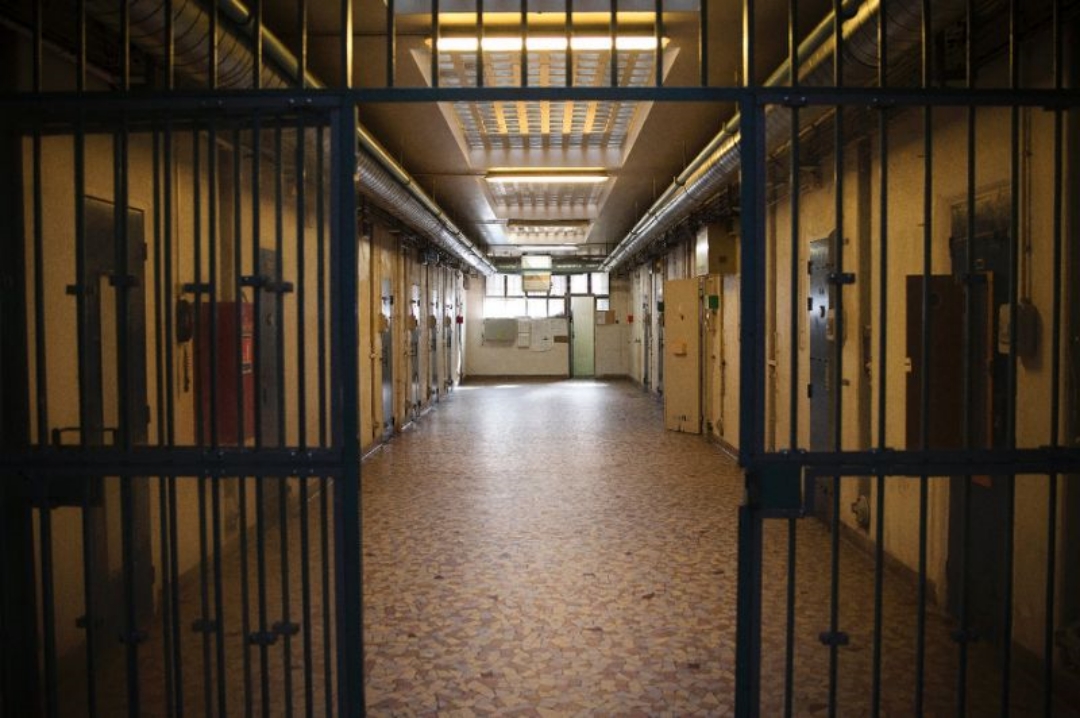ADVERTISE HERE

Azalina (second left) launching the Justice on Wheels programme, with Ewon (left) and Jannie (second right).
KOTA KINABALU (Jan 25): The government has officially launched the “Justice on Wheels” or mobile legal clinic programme in Sabah to provide more accessibility for rural folks to demand the rights to justice.
Minister in the Prime Minister’s Department (Law and Institutional Reform), Datuk Seri Azalina Othman Said, said the government had approved a RM1 million allocation to the Legal Aid Department (JBG) last year for the purchase of three vans for this effort.
Azalina said the vans will be utilised as mobile legal clinics equipped with the necessary facilities to provide legal aid services to people living in rural areas, especially Federal Land Development Authority (FELDA) areas in West Malaysia as well as Sabah and Sarawak.
She said the clinics will be going to several districts here this year, specifically Pintas in February, Telupid in May, Paitan in June, Sukau in September, and Tungku in October, and a total of 15 programmes will be held in Johor, Negeri Sembilan, Pahang, Sabah and Sarawak.
“The Madani Government is committed to defending the fate of the people who face difficulties in gaining access to justice, and I hope this ‘Justice on Wheels’ programme can be benefited by folks who live far from JBG offices,” she told reporters after launching the programme at Kampung Madsiang, Penampang, here on Thursday.
said in order to ensure no one is left out of the services provided by JBG, efforts to intensify the promotion of legal aid services will continue, especially to reach those living in rural or remote areas, and various reforms have been undertaken to promote legal aid services to spread knowledge and increase public awareness regarding the facilities provided by the government.
For example, she said in Sabah, it was found that cases of unregistered births are increasing as there are still a few communities in the state’s interior who are not aware of related law provisions, and this had led the Malaysian Judiciary to implement the mobile court programme more than 15 years ago to solve the issue.
She said the mobile court programme, which was first held in Long Pasia here, has covered 41 locations in towns and small towns while another 63 locations are in rural areas, and it was able to resolve more than 60 percent of late birth registration cases in 2023.
However, she acknowledged there is still room for improvement in the matter, and she suggested for the mobile legal clinics to move in tandem with the mobile courts to provide legal aid on standby in case the people need clarification on related issues.
At the same time, she said the mobile legal clinics personnel can also hold legal talks or seminars and they can also dispense the latest updates on law-related matters, stressing the importance of raising legal awareness among the people, especially those living in rural areas.
“There is no point in having a mobile court if the people do not know their rights, and there is no point in creating laws if the people do not know how to invoke their rights.
The court is the tail end, but the initial level is awareness.
“I am very concerned about people living in rural areas as they sometimes become victims of circumstances such as online scammers or sexual offences against children, so more awareness is needed in these areas.
“However, the problem in Sabah is that only its urban areas have better accessibility to the mobile court and mobile legal clinic services. Some areas these vans and buses cannot enter, only four-wheel drive vehicles.
“If court accessibility is already difficult, of course it will also be tough for the people to gain access to legal awareness and legal rights. So this is something we have to evaluate again, these interior areas.
“This year is the year of implementation, and my focus will also be towards raising legal awareness. Cooperation from all members of parliament and assemblypersons is vital in this regard,” she said.
Azalina also acknowledged another issue with the mobile court system is the lack of adaptation of newer technological advances, and she noted that despite the new 5G technology, the courts still use analog methods in its operations.
She said this is especially so as many matters such as registration details should be digitalised, and her side is currently looking into how it can expedite the mobile court procedures while taking into account technological change.
“Last time we had to rely on traditional methods such as visualisation but with technology, there are many things that we can do.
“So we have to look at the law – how we can amend it to make it more savvy with technological changes,” she said.
Also present were Penampang Member of Parliament Datuk Ewon Benedick and Kapayan assemblywoman Jannie Lasimbang.








 English (US) ·
English (US) ·